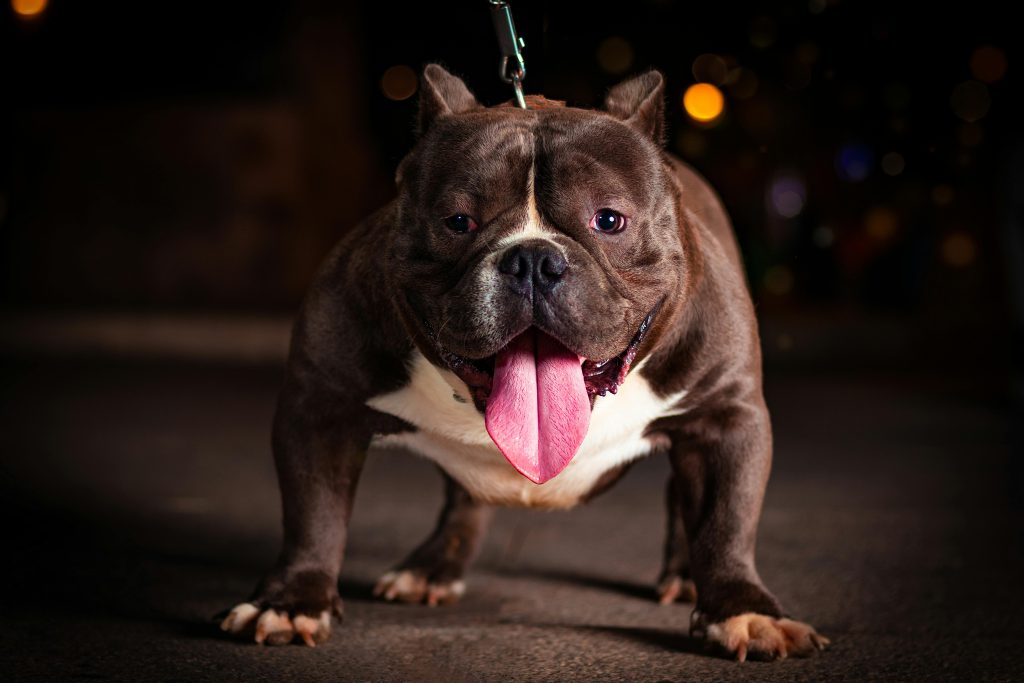Do Dogs Have Night Vision?
In the captivating realm of a dog’s world, a question that consistently piques our curiosity is their night vision capabilities. As we acknowledge that our canine companions navigate the world using their keen senses, the inquiry naturally arises—just how well can they see in the dark?

Introduction: Do Dogs Have Night Vision?
Do Dogs Have Night Vision? In the realm of canine abilities, dogs share with many animals a particular proficiency—night vision. This skill empowers them to navigate through low-light environments with remarkable efficiency. In the upcoming sections of this article, we’ll embark on a journey into the intricate science that underlies a dog’s night vision. Our exploration will shed light on the distinct features that actively contribute to their impressive capability to see in the dark. Let’s uncover the fascinating answers.
Anatomy of a Dog’s Eye
Before we explore the night vision prowess of dogs, let’s take a closer look at the anatomy of their eyes. Understanding the structure of a dog’s eye is crucial to comprehending how they perceive the world, especially in dimly lit conditions.
Dogs have a set of eyes that differ significantly from human eyes. While both species share some basic structures, the nuances in a dog’s eye play a crucial role in enhancing their night vision capabilities.
Rod Cells and Night Vision
At the core of a dog’s ability to see in low-light environments are rod cells. Rod cells are photoreceptor cells in the retina responsible for detecting light and transmitting signals to the brain. In comparison to cone cells, which are responsible for color vision, rod cells are highly sensitive to low levels of light.
Tapetum Lucidum: The Shining Layer
One of the key features contributing to a dog’s impressive night vision is the tapetum lucidum, a reflective layer behind the retina. This shining layer enhances low-light vision by reflecting light that passes through the retina back into the eye, giving the photoreceptor cells a second chance to detect it.
Canine Night Vision Myths
Before we delve deeper, it’s essential to dispel some common myths surrounding a dog’s night vision. Contrary to popular belief, dogs don’t see in complete darkness, and their night vision has limitations.
Comparisons with Other Animals
While dogs boast remarkable night vision, how does it compare to other nocturnal creatures? We’ll explore the differences in night vision adaptations across various species, highlighting the unique strengths of our canine companions.
Evolutionary Adaptations
The evolutionary journey of dogs has played a significant role in shaping their night vision capabilities. We’ll explore how natural selection favored traits that enhanced a dog’s ability to hunt, navigate, and protect themselves during the night.

Factors Affecting Night Vision
Not all dogs see the same way at night. Factors like age and breed can influence the quality of a dog’s night vision. We’ll discuss how these variables come into play and provide tips for maintaining optimal night vision in dogs.
Night Vision Goggles for Dogs
As technology advances, night vision goggles for dogs have become a reality. We’ll weigh the pros and cons of using such devices, considering their impact on a dog’s natural night vision.
Tips for Night Activities with Dogs
For dog owners who enjoy nighttime strolls or play sessions, we’ll provide practical tips for ensuring a safe and enjoyable experience for both you and your furry friend.
Common Signs of Night Vision Problems
How can you tell if your dog is experiencing issues with their night vision? We’ll outline common signs to look out for and discuss when it’s appropriate to seek professional advice from a veterinarian.
Enhancing a Dog’s Night Vision Naturally
Beyond technology, there are natural ways to enhance a dog’s night vision. From dietary considerations to engaging play activities, we’ll explore lifestyle adjustments that can positively impact your dog’s ability to see in low-light conditions.
Real-Life Stories
Prepare to be amazed by real-life stories of dogs showcasing exceptional night vision abilities. These heartwarming anecdotes highlight the incredible bond between dogs and humans, especially in situations where a canine’s heightened senses make a significant difference.
Conclusion
In conclusion, dogs indeed have night vision, a fascinating aspect of their sensory repertoire. Understanding the science behind their ability to see in the dark enhances our appreciation for these loyal companions. As you embark on nighttime adventures with your furry friend, remember to embrace the magic of their nocturnal world.




Leave a comment